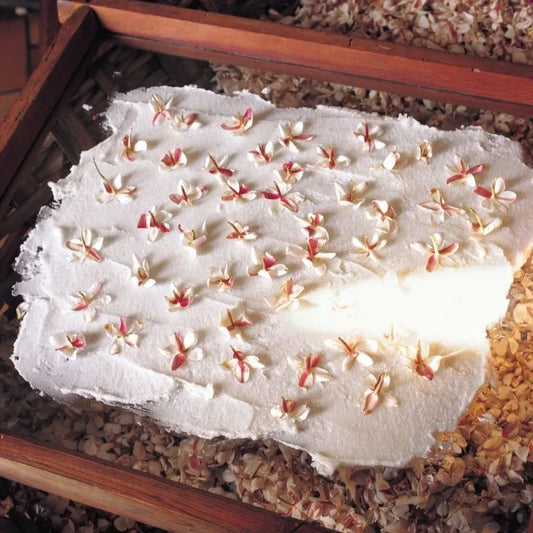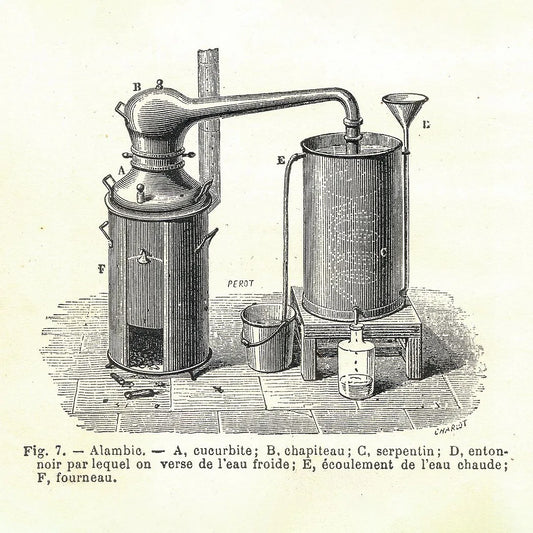Essential oils have found a significant place in a number of industries, including food and beverage, personal care and cosmetics, and aromatherapy. Some early research suggests that selected oils may find their way into pharmaceutical and medical applications, according to a May 2020 market analysis report by Grand View Research, a global market research firm. While the global market for the oils is valued at a staggering US$18.62 billion in 2020, growth over the next seven years is expected to nearly double that figure, to $33.26 billion. Europe holds the largest share of the market with more than 43 percent of oils sold there.
The mainstream medical community in the United States has not embraced essential oils as an alternative therapy for any specific health condition, but the general public has seen a significant increase in their usage for aromatherapy and perceived health benefits. As stress levels rose throughout the 2020–2021 pandemic, some consumers sought alternatives to doctor visits, turning to essential oils as a readily available stress reliever with the perceived ability to help users become more focused on tasks and more mindful and “in the moment” while working at home. A diffusion of essential oils could make working from home feel less challenging and a little more like a benefit; if it helped the home office worker feel less stressed and more centered, so much the better.
The rise in the number of day spas across the United States has been a significant contributor to the increased demand for essential oils. Luxurious scents play an important role in helping the spa visitor feel relaxed and pampered, so spa proprietors make liberal use of essential oils to provide clear, clean scents that smell more natural than commercial air freshener aerosols. Beauty salons that offer waxing for hair removal may use essential oils to cool inflamed brows and upper lips while scenting the entire establishment with one or more oils in a diffuser.
The growth of health beverages including kefir, kombucha, and energy drinks has bolstered the essential oils market as well. In an effort to appeal to health-conscious consumers, manufacturers have turned to essential oils as flavorings in place of laboratory-made flavored compounds or sugary juices.
The oils are readily available to consumers through many retail channels— displays of the oils now appear in supermarkets, big-box retail stores, and many drugstores—but the largest sales channel is direct selling through multilevel marketing companies, including Young Living Essential Oils and doTerra. These companies do much of their business through gatherings in the homes of their salespeople or in the homes of friends who agree to host parties to help them sell. These companies market the oils individually and in blends, with statements that suggest the potential for each blend to boost mood, heighten alertness, or even engender feelings of self-worth, spiritual and self-awareness, reverence, connection, relaxation, strength, power, balance, well-being, comfort, and awareness of one’s unlimited potential.
Online sales have allowed smaller companies with specialty lines to reach consumers looking for specific oils or blends, as well as more exotic oils than they can obtain from the larger companies.
On the industrial side, essential oils are used in many packaged foods, especially in baked goods and other sweets. Interest in the oils and the antimicrobial properties touted by some marketing companies has led to increased scientific research to determine if these claims have some basis in fact. The research, sponsored by food packaging companies, seeks an organic alternative to preservatives now used in many foods. If some of the essential oils do indeed have the ability to ward off fungus and mold, they could become critically important to organic food companies—and the pharmaceutical industry may take an interest as well.
While Young Living and doTerra dominate the multilevel marketing sector, many companies have sprung up as the demand for essential oils grows. The global company Research & Markets predicts that the essential oil market may be on the verge of a series of mergers and acquisitions, in an effort to narrow the field of small players marketing their own lines of essential oils.





